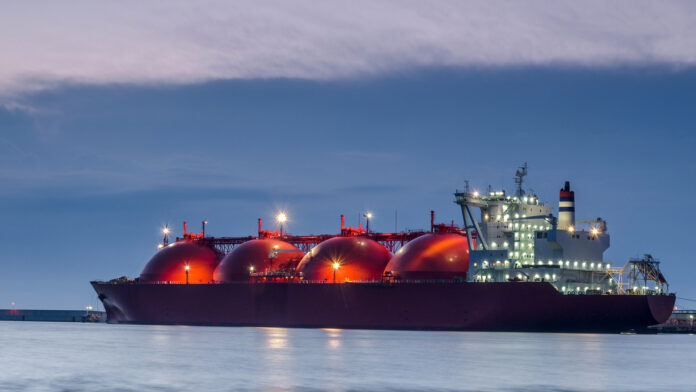ISLAMABAD: In the latest round of tenders floated by Pakistan LNG Limited (PLL), the state entity responsible for importing critical LNG, it was unable to attract any bidders.
The inability to secure contracts does not come as a surprise as the last two tenders floated by PLL also went without any bidders or were simply unaffordable terms for the country. The situation has prompted the government of Pakistan to redouble its efforts in exploration of petroleum reserves.
During a meeting on September 30, a summary addressing the reinstatement of the cancelled petroleum exploration licences was presented to the Economic Coordination Committee (ECC) of the Cabinet. However, the summary’s consideration was postponed until the following meeting.
According to reports, the petroleum division has claimed that Pakistan’s population growth, natural depletion of its major oil and gas reserves, rising demand, and lack of fresh discoveries made it difficult for the country to meet its ever-increasing energy needs. It was also said that expanding exploration and development efforts remained crucial for addressing the energy shortage.
The meeting was told that the expansion of Pakistan’s oil and gas sector and the nation’s long-term energy security depend on exploration efforts.
Furthermore, officials of the division added that the government was making various efforts in this area. Extending the validity of previously issued Development and Production Leases (D&PL) and Mining Leases (M.L), when various exploration and development activities are ongoing, is one such step.
It may be noted that since 2015, Pakistan has increased its reliance on RLNG in an attempt to bypass the eventual depletion of domestic gas. It has become an absolutely necessary commodity for producing electricity as well as heating homes around the world. Its relatively eco-friendly features makes it the fuel of choice.
A significant portion of our energy mix also comes from domestic gas and imported RLNG. The imported gas was relatively cheap compared to other fuels back in 2015 and therefore, the government at the time went down this path head first.
Since Russia, the prime supplier of natural gas to Europe, has now been sanctioned, the market of gas suppliers has shrunk. This has left nations scrambling to gather stocks for the upcoming winter.
To replace the critical piped gas coming from Russia, country’s are cutting deals with the gulf states like Qatar and United Arab Emirates effectively creating a global shortage. This is particularly detrimental for Pakistan’s energy security.
Data published by NEPRA shows that a little over one fifth of the country’s energy needs were met by RLNG and local gas in August this year. If we take a look at the numbers, on average over the course of the last eleven months, domestic gas and RLNG make up 28.08 per cent of the energy mix.
This highlights how vulnerable the country is to fluctuating prices along with the existing shortage which is expected to get worse with the onset of winter. It is particularly worrisome as RLNG takes up the lion share averaging at 17 per cent over the past eleven months.
This in turn has prompted the government to redouble its efforts in exploration of petroleum reserves. Although it is a shot in the dark and it would be years before any meaningful benefit could be received if new reserves are discovered.
Furthermore to make matters worse investors in the sector have also been alienated by bureaucratic obstacles and unfavourable laws. Additionally the preference of the government to import RLNG has also affected the confidence of investors in the realm of gas exploration.




